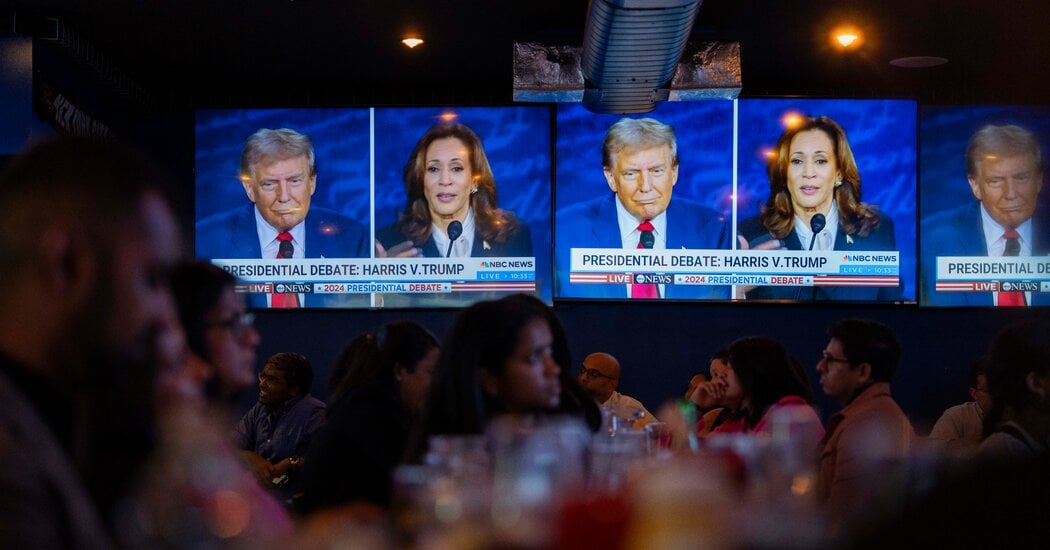- cross-posted to:
- [email protected]
- cross-posted to:
- [email protected]
The Democratic Party’s vice-presidential nominee has been falsely accused of sexually molesting students. The claims have been spread by a former deputy sheriff from Florida, now openly working in Moscow for Russia’s propaganda apparatus, on dozens of social media platforms and fake news outlets.
A faked video purporting to show one victim — creating fake people is a recurring Russian tactic — received more than 5 million views on X, a platform owned by the world’s richest man, Elon Musk. Mr. Musk has not only leaned all in for the Republican nominee, former President Donald J. Trump, but he also used his platform to reanimate discredited claims about the validity of the election’s outcome.
Smears, lies and dirty tricks — what we call disinformation today — have long been a feature of American presidential election campaigns. Two weeks before this year’s vote, however, the torrent of half-truths, lies and fabrications, both foreign and homegrown, has exceeded anything that came before, according to officials and researchers who document disinformation.
The effect on the outcome on Nov. 5 remains to be seen, but it has already debased what passes for political debate about the two major party candidates, Mr. Trump and Vice President Kamala Harris. It has also corroded the foundations of the country’s democracy, undermining what was once a shared confidence that the country’s elections, regardless of who won, have been free and fair.



Media Bias/Fact Check - News Source Context (Click to view Full Report)
Information for Media Bias/Fact Check:
New York Times - News Source Context (Click to view Full Report)
Information for New York Times:
Search topics on Ground.News
https://mediabiasfactcheck.com/new-york-times/
https://www.nytimes.com/2024/10/23/business/media/election-disinformation.html
Media Bias Fact Check | bot support